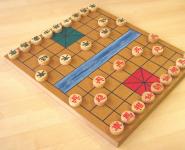Japanese fool: options, number of cards, game rules and recommendations
The Japanese fool card game is one of the varieties of the fool game known in Russia. Despite the fact that they have almost the same name, they differ from each other in many ways. In fact, the Japanese fool is a completely different game, with its own rules.
Start of the game - draw
The first thing with which the game of Japanese fool begins is the choice of the host. The draw takes place in two stages. First, the owner of the lowest spade card is revealed. This suit has a special place in the game, but more on that later. If none of the players has cards of this suit, then the owner of the weakest trump card is revealed. Having decided on the leader, the game begins.
Japanese fool - rules of the game
Below is a list of all the rules used in the game. By the way, if we compare the rules of the Japanese fool and the Russian throw-in or transfer, then Japanese is fundamentally not like any of the Russian variants. So:
- Everyone walks on one card, you cannot throw or transfer a card to another player.
- Players move around the circle in a clockwise direction.
- Everyone must beat the card of the previous player. That is, if the first player put the nine of clubs, the second player beat it with the jack of clubs, then the third player must beat the jack of clubs, either with a card of clubs of greater value (queen, king, ace), or hit him with a trump card. After the last player beats off the card, the beaten cards are sent to the waste, that is, they are eliminated from the game.
- If a player cannot recapture a card, he must take the lowest, weakest card. The other player must beat off the top card, even if he himself put it before, or pick up the bottom card and pass the move to another player. If he recaptured the top card, the next player must cover it or take the bottom one. And so on until the end of the circle (the last player).
- Everyone plays for himself.
- You can't flip cards.
- The trump beats any card except the card of the suit of spades. A trump card can be a fixed suit, such as diamonds, or a freely chosen one. A variant of the game without a trump card is possible. The trump card is announced before the cards are dealt.
- They play with a standard deck of 36 cards.
- The number of cards depends on the number of players. The deck is divided immediately among all.
- After the end of the game, the player to the left of the fool becomes the leader, that is, the move goes from the fool and further clockwise.
- The number of players - from 2 to 6 people.
The Japanese fool is much more difficult than other options. The game itself is more streamlined and requires not only accuracy, but also calculation. The complexity of the game gives the privileged position of cards of spades. The most difficult variant of the game is the game without a trump card, when cards can only be beaten with cards of the same suit. A no-trump game equalizes the position of the spade suit with the rest.
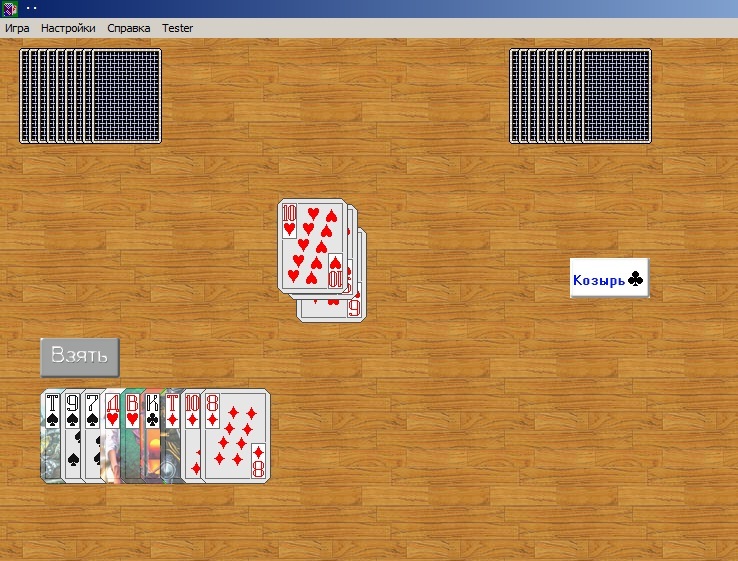
Spades suit cards - special position
In the Japanese fool, cards of the suit of spades cannot be beaten by cards of other suits, they cannot be hit with a trump card, but they cannot be beaten off either. A spade card can be beaten by a card of the same suit, but of a higher order. For example, the nine of spades can be beaten by the ten of spades, the jack of spades, the queen of spades, the king, or the ace of spades. If the player does not have cards of spades or they are of a low order, then he will be forced to collect them, if he has only cards of this suit left, regardless of the value of the card, he will be forced to accept any card, since he cannot fight back. This is what makes the game so difficult. We have to take into account the special position of the spade suit.
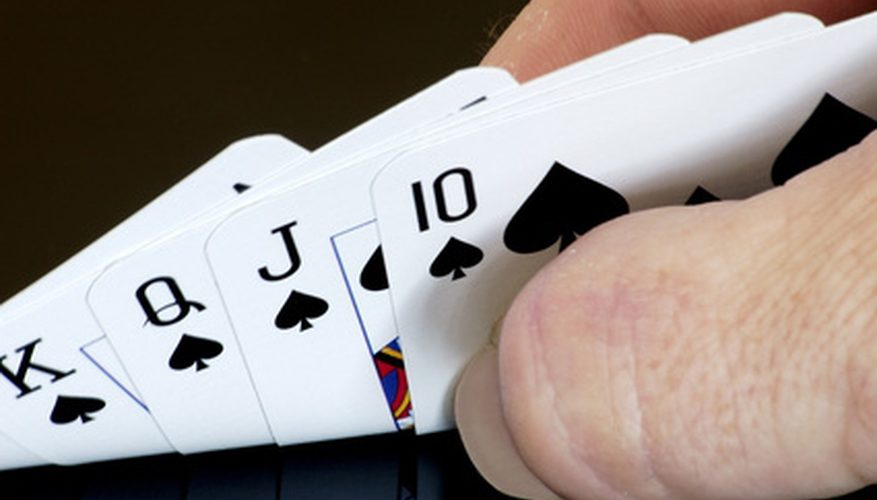
How is the winner and loser determined?
The winner in the Japanese fool is the one who is left without cards. There can be many winners, but there is always one loser - a fool with cards. The peculiarity of this kind of fool game is that it rarely ends in a draw. Most often, the loser has cards of spades. Winning is not easy, but there are some tricks that will help you win.
How to play the Japanese fool, so as not to be fooled yourself? For this, certain schemes and techniques have been developed that more experienced and smart players have in their arsenal.
- You should always start the game with cards of the lowest order. At the beginning of the game of Japanese fool, you must discard the worst card. Remember, the game is played in a circle, and only one card can be placed on the table. Either the player will fight back, or he will have to take a bad card.
- In the game, you need to remember the discarded cards in order to know what cards other players have. To say that you need to memorize cards is easier than done. If you can't memorize all the cards, at least concentrate on the cards of spades, as they have a special meaning in the game.
- If you have a six, seven, eight or nine of spades on your hands, then you need to get rid of them first of all, but you should hold on to the ace or king of spades.
- Do not stay at the end of the game with only cards of spades. You can only move once per circle and only one card. If a player who has only cards of spades in his hand is hit, he will take any card. This will expose his vulnerability in the game and the player who walks on him will then simply overwhelm him with trash.
These are simple techniques for successfully playing the Japanese fool. In general, this game does not provide such opportunities to cheat as a throw-in or transfer fool. It will not be possible to overwhelm some with cards and let others fight back in order to quickly get rid of the cards yourself. It will not be possible to transfer "uncomfortable" cards to other players.
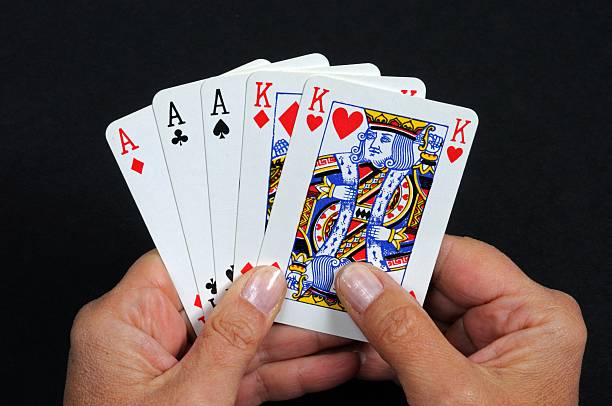
Comparison with a throwaway fool
The throw-in differs from the Japanese fool in greater freedom. Although the loser in both versions of the game is the player who has cards left in his hand at the end of the game, the ways in which he ended up with these cards differ significantly. The number of moves in the throw-in fool is limited to only six discarded cards on the table (in some variants, this number is limited to five in the rules). All players can throw cards, except for the defender. If he could not beat off the last card, he takes all the cards from the table, if he could, they go to waste. From 2 to 6 players can take part in the game, a standard deck of 36 cards is used for the game. The more players, the more interesting the game, as it becomes easier to cheat and be left without cards.
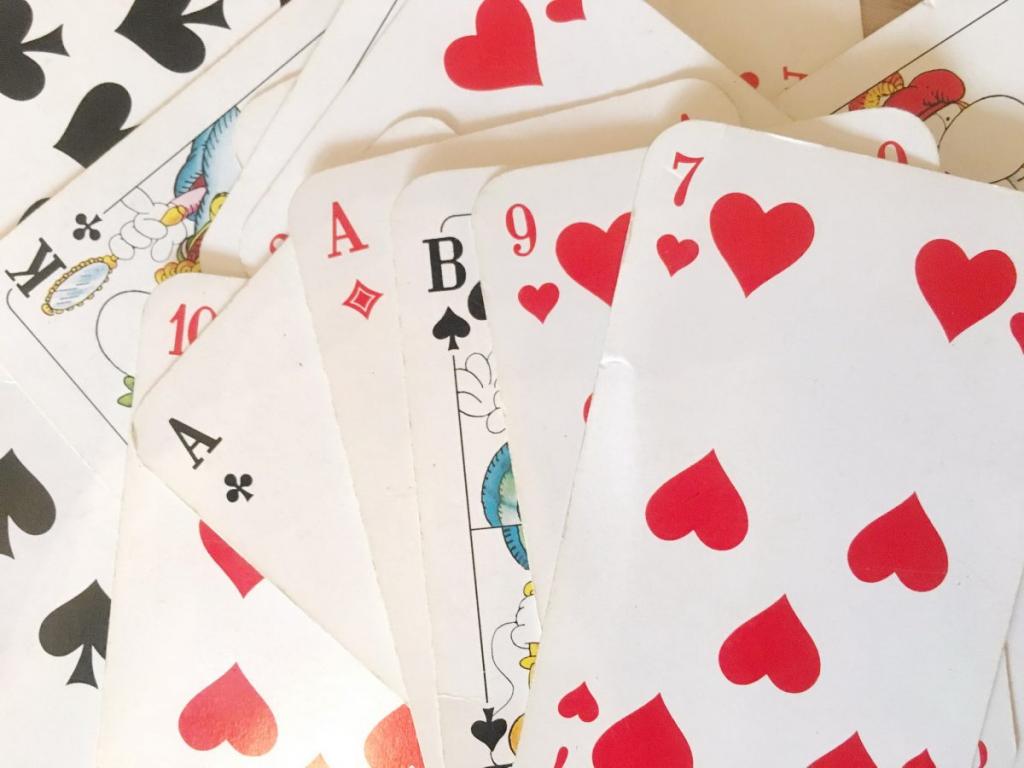
Comparison with translation
The transfer differs from the card game of the Japanese fool in that the battling card can be transferred to the next player, and at the same time add his own next. When translating a card, it is not the suit, but the value of the card that matters. For example, the eight of diamonds can be transferred to the next player if an eight of any other suit is placed next to it. If the transfer is carried out using a trump card, then it is necessary to clarify that the player is transferring, and not hitting. In some versions of the transfer fool, cards can not only be transferred, but also thrown. The rest of the rules of the game are the same as in the flip. You can even win in a throw-in or transfer fool without having trump cards for the whole game, especially if 3 or more players are playing.

How much harder is the Japanese fool game
In terms of the level of intellectual tension, it can be compared with chess. Of all the game options, Japanese Fool is the most difficult. To win, the player has to carefully weigh each move and make sure not to draw cards, since he can only move one card for the whole circle. Moreover, if he is the last player in the circle, he has to beat the highest card. If he doesn't hit, he will have to pick up the weakest card. Getting out of the situation becomes more difficult. He has trash on his hands, which is not so easy to get rid of. At the same time, he still has to think about how to get rid of the spade suit, especially if he got the cards of spades of a low order.
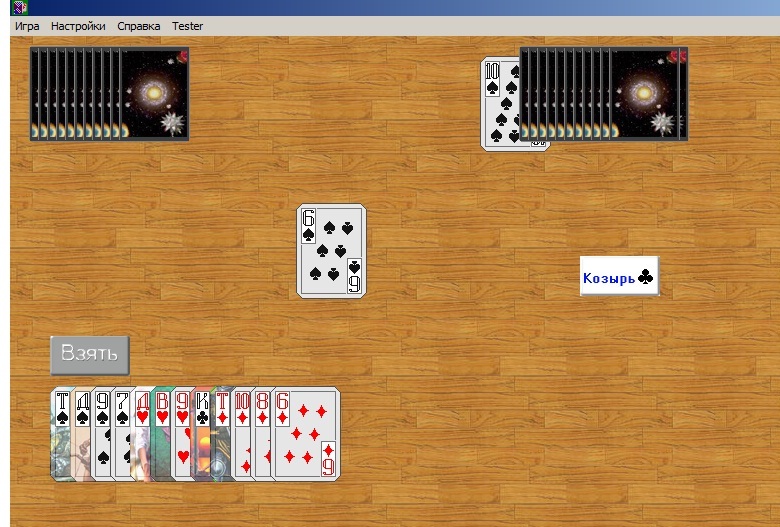
You can play the Japanese fool both with friends and with a computer. This is a popular game, so there are several dozen computer applications that can be downloaded from the Internet. They are distributed free of charge (old versions with poor graphics) or for a nominal fee. Above is a screenshot of the program "Japanese Fool v 1.3". This is a completely free PC version of the card game. Three people play it: one player is a live participant, the other two are a computer.
